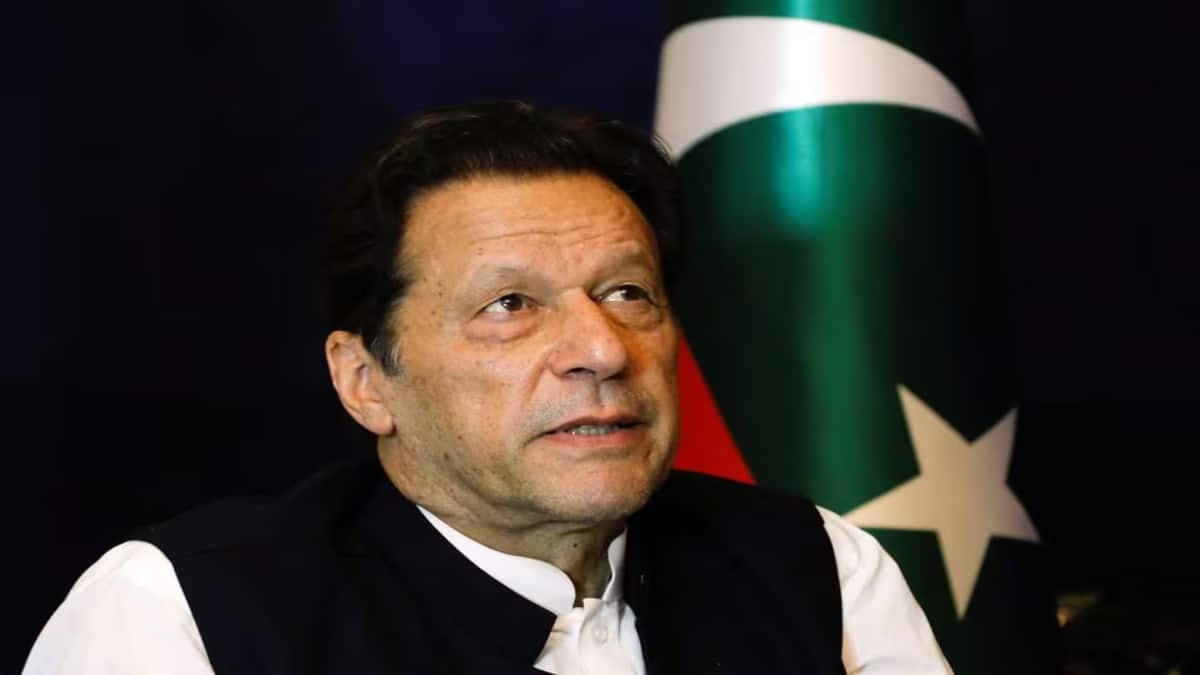In a move that has sparked concerns about transparency and the democratic process, a Pakistan court has issued a ban on media reporting on the closed-door trial of the country’s former Prime Minister, Imran Khan. The trial revolves around charges of leaking state secrets, adding a layer of complexity to the political landscape as the nation approaches crucial national elections scheduled for February.
Imran Khan, a 71-year-old former cricket star, has been embroiled in a political crisis since his ouster from office in 2022. His opponents argue that his victory in the 2018 general election was facilitated by the military, an institution with historical influence in shaping Pakistan’s political landscape. Khan himself attributes his removal from office to a falling out with military generals over the appointment of the chief of the country’s primary intelligence agency.
The ban on media coverage of the trial, revealed during its commencement in the garrison city of Rawalpindi, raises significant concerns about the transparency of the legal proceedings. Critics fear that limiting access to information about the trial could impact the fairness of the upcoming elections, especially with the caretaker government, appointed to oversee the electoral process, perceived to be favouring Khan’s opponents according to statements from the country’s election commission.
The charges against Khan stem from allegations related to a classified cable sent by Pakistan’s ambassador in Washington last year. Khan is accused of making the contents of the cable public, an offence punishable under the Official Secrets Act with a potential prison term of up to 10 years.
The court’s decision to conduct the trial behind closed doors, coupled with the media ban, has drawn criticism from human rights groups. They argue that such broad restrictions on media coverage undermine the principles of a fair trial, especially given the public importance of the case involving a popular leader and former premier.
The court order explicitly warned of “serious consequences” under the Official Secrets Act in the event of any violation of the media coverage ban. Additionally, while the families of Khan and his co-accused, former Foreign Minister Shah Mehmood Qureshi, are allowed to attend the trial, they are bound by conditions not to disclose any details of the proceedings on any platform.
As Imran Khan languishes in jail since his conviction and three-year sentence on corruption charges in August, the media blackout on his current trial adds another layer of complexity to an already intricate political landscape in Pakistan. The unfolding events are closely watched, not only for their immediate legal implications but also for their potential impact on the democratic process and the nation’s political future.

